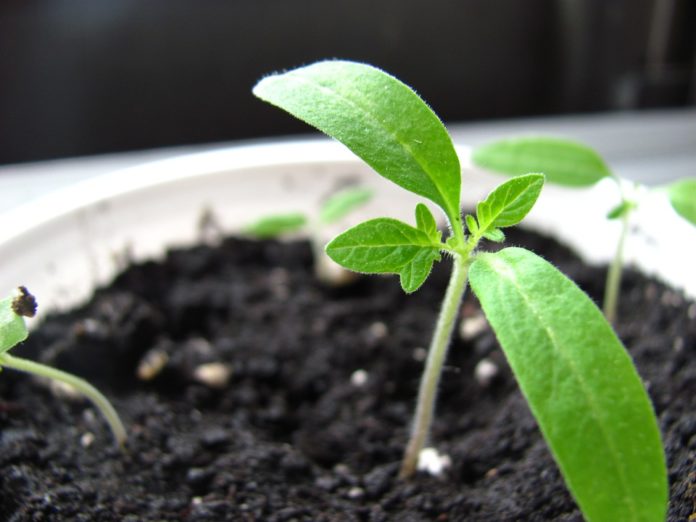The essential generation of plants is restricted in many biological systems by nitrogen or potentially, phosphorus. The use of nitrogen and phosphorus fertilizers is hence a general tool to build plant efficiency.
In any case, supplement augmentations don’t generally expand plant efficiency, there can be even a decline in productivity or no impact by any means. The purposes behind these marvels are as of now obscure.
Based on a meta-analysis of published results from fertilization experiments, UEF scientists tested how the effects of nutrients on plant productivity can be explained by considering the interactions between soil nutrients, soil microbes, and plants.
Microbes are fundamental in freedom of supplements from soil for plant growth however microbes additionally vie for soil supplements with plants. The speculation created depends on information that the proportion of nitrogen to phosphorus taken by microorganisms and plants is extraordinary and that the nitrogen to phosphorus proportion in various soils shifts.
Microbial development in the soil is regularly restricted additionally by accessible energy (soil natural carbon). The model clarifying the variable impacts of supplements on plant development was built in light of this wholeness.
The model increases our understanding on the interactions between soil nutrients, microbes and plants and opens new possibilities to omit loss of fertilizers and harmful effects on the atmosphere and aquatic ecosystems associated to the use of fertilizers in plant production.
The research was a joint effort by several European universities and research institutes, with the CryoCARB research consortium as a core.
Scientists have published their study in the journal Nature Ecology & Evolution.
